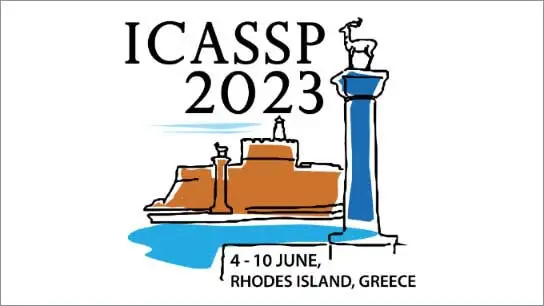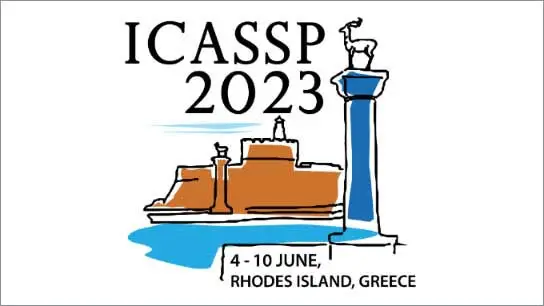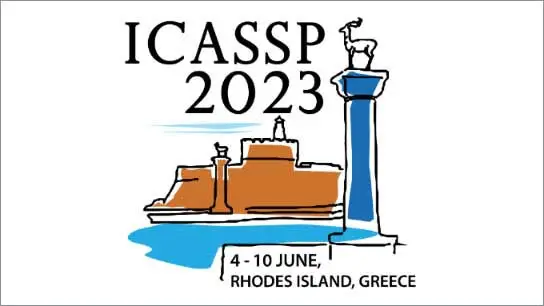Differential Analysis for Networks Obeying Conservation Laws
Anirudh Rayas (Arizona State University); Rajasekhar Anguluri (Arizona State University); Jiajun Cheng (Arizona State University); Gautam Dasarathy (Arizona State University)
-
Members: FreeSPS
IEEE Members: $11.00
Non-members: $15.00
08 Jun 2023
Networked systems that occur in various domains, such as the power grid, the brain, and opinion networks, are known to obey conservation laws. For instance, electric networks obey Kirchoff's laws, and social networks display opinion consensus. Such conservation laws are often modeled as balance equations that relate appropriate injected flows and potentials at the nodes of the networks. A recent line of work considers the problem of estimating the unknown structure of such networked systems from observations of node potentials (and only the knowledge of the statistics of injected flows). Given the dynamic nature of the systems under consideration, an equally important task is estimating the change in the structure of the network from data -- the so called \emph{differential network analysis} problem. That is, given two sets of node potential observations, the goal is to estimate the structural differences between the underlying networks. We formulate this novel differential network analysis problem for systems obeying conservation laws and devise a convex estimator to learn the edge changes directly from node potentials. We derive conditions under which the estimate is unique in the high-dimensional regime and devise an efficient ADMM-based approach to perform the estimation. Finally, we demonstrate the performance of our approach on synthetic and benchmark power network data.



